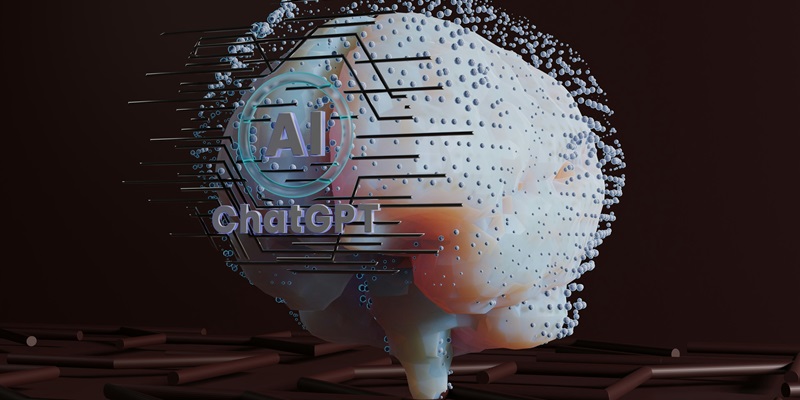The rise of AI, especially AI-driven language models like ChatGPT, has raised significant legal and ethical questions, particularly in relation to data protection laws such as the GDPR in the EU. At the crux of the debate is the concern over whether inaccuracies in AI-generated data might equate to infringements of the strict privacy regulations established by such laws. These regulations mandate the accuracy and integrity of personal data, but the nature of AI, and the data it processes, presents a challenge in ensuring compliance. AI systems often use vast troves of data to learn and generate responses, which raises the question of responsibility when the information produced is erroneous. This liability is not clearly defined, potentially putting such AI at odds with the GDPR’s requirements. Identifying and addressing inaccuracies therefore becomes a major focus for developers and users of AI to maintain adherence to data protection standards.
GDPR Compliance and AI Challenges
ChatGPT, a sophisticated language model developed by OpenAI, is programmed to generate text-based responses that can mimic human conversation. However, the tool has raised eyebrows among data protection advocates for generating and disseminating personal data that may be inaccurate. The GDPR holds the principle that personal data processed by any entity should be accurate, and individuals have the right to have incorrect data rectified. This requirement becomes particularly thorny with AI models that draw upon extensive datasets, where pinpointing and correcting erroneous information may not be straightforward.
The European data protection advocacy group, noyb, has formally complained about OpenAI’s handling of inaccurate data generated by ChatGPT. The complaint draws attention to the inability of OpenAI to correct false information, for instance, incorrect birthdates for public figures. OpenAI’s response points to the complexity of ensuring factuality in AI responses, but such an answer falls short of the GDPR’s explicit demands for data accuracy and individual control over personal data.
Legal Scrutiny and OpenAI’s Response
OpenAI is currently in the regulatory crosshairs in Europe. The Italian Data Protection Authority has imposed provisional actions against its data processes, and the launch of a task force by the European Data Protection Board highlights concerns about AI content creation. This intensifying scrutiny is a reaction to potential breaches of the GDPR.
OpenAI’s response to these challenges involves prompt-based filtering to curb the spread of misinformation. However, this strategy doesn’t address the core issue of correcting false information that has been previously released. Such limitations show that OpenAI’s ChatGPT might need to recalibrate its functions to ensure compliance with strict data protection laws.
As AI innovation races forward, these legal challenges underscore the importance of considering GDPR and other privacy regulations during the development and release of AI tools. OpenAI’s experiences are shaping a benchmark for how AI should be crafted with regulatory adherence in mind from the outset.

